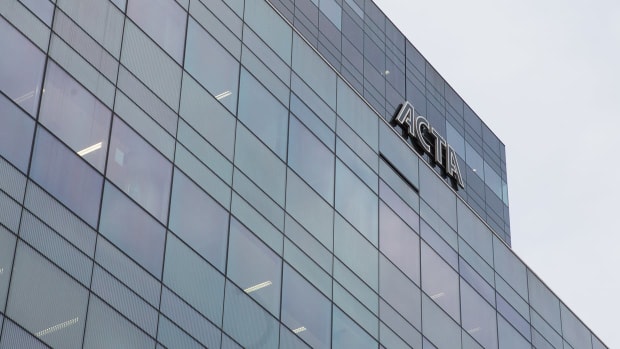
Acta bans the handshake; a smile is the new greeting
The handshake is officially a thing of the past at Acta. From now on, patients will be greeted with a smile: a choice that, according to the faculty, benefits both hygiene and inclusivity.
At the Academic Centre for Dentistry Amsterdam (Acta), patients will no longer be welcomed with a handshake. The institution has chosen a smile as the alternative form of greeting. This change has also been incorporated into Acta’s house rules. According to a spokesperson, the measure has been introduced primarily for reasons of hygiene, as refraining from handshakes should reduce the transmission of micro-organisms. In this way, for example, infection spread is expected to be prevented.
Acta also states that considerations of inclusivity played a part in the decision to discontinue handshakes. “For many people a handshake poses no problem, but it is not an obvious or desirable form of greeting for every patient, member of staff or student,” a spokesperson explained. Religious, cultural and personal convictions may play a role here. “Acta recognises that, within an international and diverse student and patient population, different norms exist around physical contact. By using a non-physical greeting for all interactions, a level playing field is created and no one is required to disclose personal, cultural or religious boundaries.”
Although the new form of greeting has been included in the house rules, it will not be strictly enforced. The house rules state that violations of the regulations can lead to a warning and a note in the patient file, but in the case of an offered handshake, this does not apply, Acta explains. According to a spokesperson, this exception will also be noted in the house rules. As for the smile, the obligation applies solely to Acta staff. Patients with dental issues therefore need not worry that they are breaking the rules by not smiling back.
Other institutions
At Amsterdam UMC, limiting the number of handshakes has also become policy, in order to reduce the transmission of micro-organisms. According to a spokesperson, this is particularly monitored during the flu season, but the rule is not actively enforced. The General Practitioners Practice UvA applies a similar policy.

